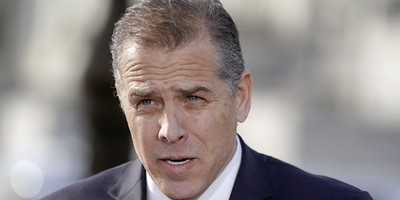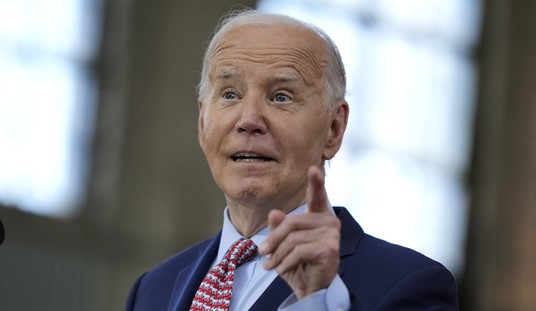WASHINGTON -- It is an ideological milestone that the emerging Republican front-runner is as skeptical of the New Deal as anyone in his position since the New Deal. During the 1936 election, Republican nominee Alf Landon called Social Security "unjust, unworkable, stupidly drafted and wastefully financed." Now, according to Texas Gov. Rick Perry, Social Security is a "Ponzi scheme" that tells young workers a "monstrous lie." It is a "failure" that "we have been forced to accept for more than 70 years now."
It is true that Barry Goldwater, during the 1964 campaign, said, "I think Social Security ought to be voluntary." But when his rival Nelson Rockefeller claimed this would be a "personal disaster to millions of senior citizens," Mr. Conservative backed down. Challenged on his proposal, Goldwater responded, "I don't know where you ever got the idea."
It is true that Ronald Reagan, during his 1976 campaign for president, contended, "Fascism was really the basis for the New Deal." But Reagan's presidency was an extended accommodation with the New Deal. Reagan used the economic crisis of his time -- inflation and economic stagnation -- not to repeal entitlements but to lower tax rates. Social Security spending rose dramatically during the Reagan years.
It is possible that Perry may fold like Goldwater or accommodate like Reagan, but his current challenge to the Roosevelt consensus is ambitious. "I happen to think," he said in an interview with Newsweek last fall, "that the Progressive movement was the beginning of the deterioration of our Constitution from the standpoint of it being abused and misused to do things that Congress wanted to do, and/or the Supreme Court wanted to implement. The New Deal was the launching pad for the Washington largesse as we know it today."
Recommended
Perry's entitlement reform proposals remain unformed. But during the same interview, he praised three Texas counties that had opted out of the Social Security program in 1981 (under a loophole that existed at the time). "So I would suggest a legitimate conversation about let the states keep their money and implement the programs. That's one option that's out there."
If Perry presses his case against the New Deal, there are three possible outcomes:
First, Republican primary voters -- while respecting Perry's chutzpah -- might develop concerns about his electability. In his national debut, Perry has tended toward the intemperate. As general electoral strategy focuses Republican minds, disciplined rhetoric might make a comeback. Communism and segregation are properly called monstrous lies; Social Security is a successful program in need of serious reform. Mitt Romney might make progress with this appeal: No candidate who is seen as an enemy of Social Security and Medicare will be allowed by voters to change and modernize those programs.
A second possibility is that Republican primary voters will be enthusiastic about Perry's message while the country is not. According to recent polls, Americans would prefer Congress to cut discretionary spending and raise taxes on the wealthy rather than make major changes in entitlement programs. President Obama might revive his fortunes with a traditional Democratic defense of Social Security and Medicare against marauding Republican hordes.
But there is a third possibility that Perry skeptics should take seriously. Perhaps this ideological moment is just different, in the same way the 1930s or the 1980s were different. Another dip into recession -- a continuing, sputtering failure of the American job-creation machine -- might do more than call three years of Obama policies into question. It might call seven decades of accumulating entitlement commitments into question. Can a modern economy remain energetic and competitive when it transfers increasing amounts from the private to the public sector, from young to old, from the productive to the retired? Will America need to break decisively from the European social model to avoid Europe's economic fate?
A sense of economic desperation expands the range of policy options. Reagan turned a fear of national decline into a radical revision of the tax code -- reducing top tax rates from 70 percent to 28 percent. Today, a second round of recession and an accelerated European economic implosion could create a similar sense of decay and desperation. The normal rules of political realism might be suspended -- this time on entitlements.
It is hard to imagine Perry as the carrier of Reagan-like ideological transformation -- though it was also difficult, at one time, for many to imagine an aging actor in that role. But Perry's critics may find it is not sufficient to declare him outside the mainstream. The mainstream can change.

























Join the conversation as a VIP Member